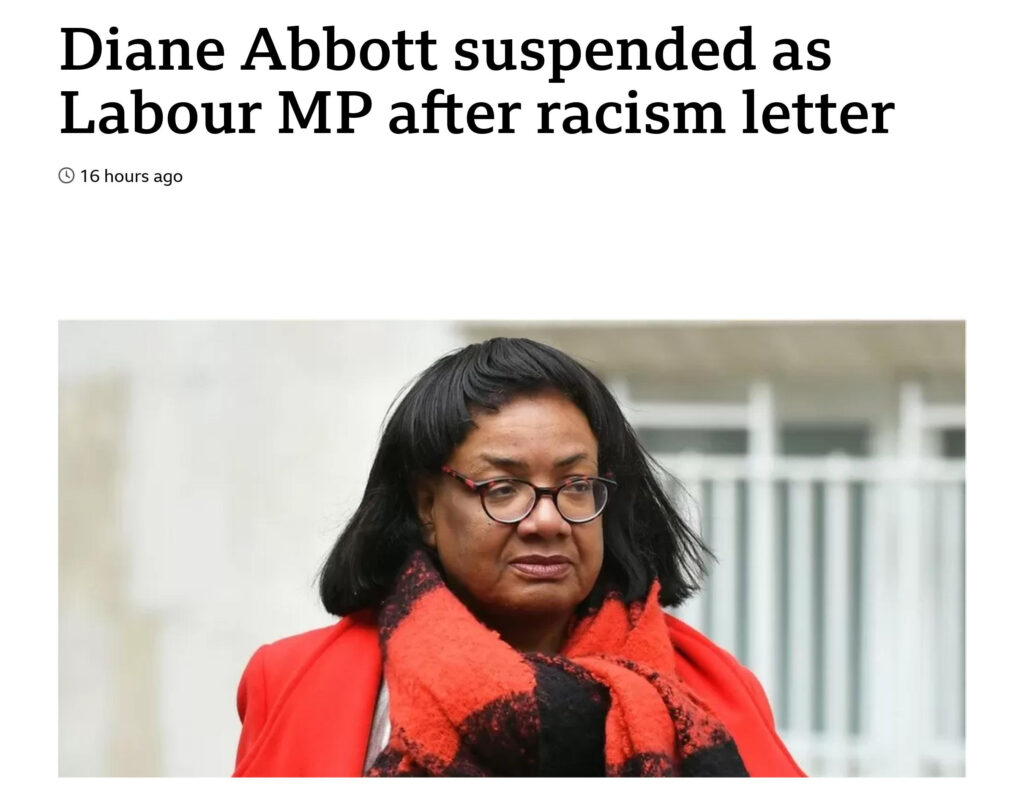
By M Ahmedullah, 24 April 2023
It was in the late 1980s when I first became aware that not all of what I thought constituted racism was actually racism. Instead, some of what I considered racism was said to be racial prejudice. When my understanding of racism was first challenged by a friend involved in anti-racism work, I couldn’t immediately and for quite a long time intuitively grasp and appreciate the nuances involved behind how he understood the difference.
Although intellectually I knew what my challenger friend was asserting with his high degree of confidence – perhaps due to his recent participation in anti-racism training – based on my experiential understanding and being a victim of various kinds of racism, some of which would be classified as racial or religious prejudice according to my challenger friend’s definition, I couldn’t come to accept the difference spoken about even though I tried hard.
The main difference that said to exist between racial prejudice and racism was that racial prejudice involved prejudging people based on the colour of their skin, mostly negatively, and racism was the same prejudging of people based on the colour of their skin, mostly negatively, with having the power to exercise power and exercising that power to the detriment of those at the receiving end of the prejudgment.
I know the refinement helps better understand power structures (social, economic, cultural and political) and how domination, discrimination and marginalisation based on racial prejudice occur and perpetuate. Through this deeper understanding and knowledge about how power-play operates and institutional racism works, it is possible to more effectively deal with and challenge power systems and traditions that create and sustain the problems of racism. However, the generalised definitions of racial prejudice and racism fail to consider the lived experiences of millions of people living in diverse societies and what makes life and community interactivity difficult, hurtful and discriminatory.
An analogy will, hopefully, clarify my point. Take the terms language and dialect. As far as I understand, dialects are also languages and cannot be non-languages. However, as in many societies across the world, local/regional languages have been defined as dialects and standardised versions of one of the local/regional languages as languages they have caused many injustices, misunderstanding, discrimination, marginalisation, disunity and domination.
Just like dialects are also languages, racial prejudice is also racism – it can cause harm, hurt, disharmony, othering, violence, and so on.